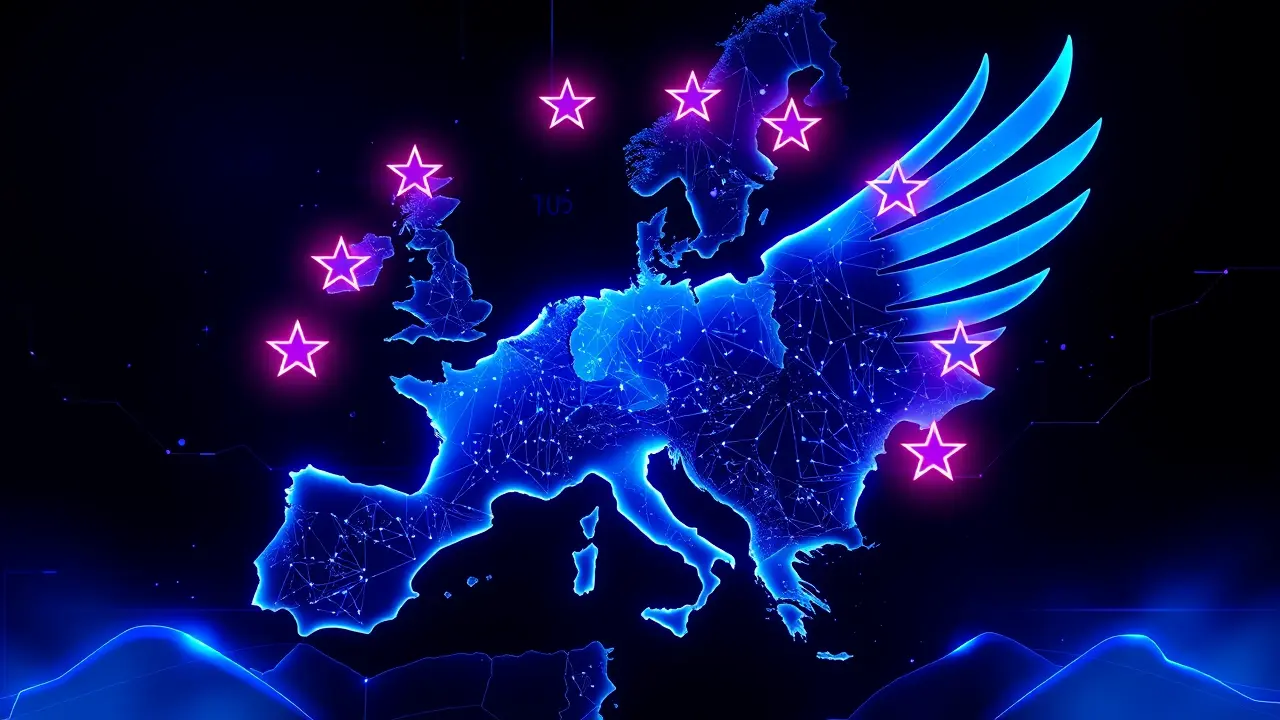
CryptoexchangesSecurity and Audits
WhatsApp adds passkey protection for encrypted backups.
DA
Daniel Reed
2 days ago7 min read
The seemingly straightforward announcement from WhatsApp that it is adding passkey protection for encrypted backups represents a profound and necessary evolution in the battle for personal digital sovereignty, a move that resonates deeply with the core principles of cryptographic security that underpin the entire field of advanced information systems. For years, the conversation around end-to-end encryption has fixated on data in transit—the messages flying between devices—while the Achilles' heel has often been data at rest, specifically the backups stored in cloud services like iCloud or Google Drive.These backups, while convenient, have historically been protected by a single, often vulnerable, cloud account password, creating a single point of failure that could be compromised through phishing, data breaches, or legal coercion. The shift to passkeys, which utilize the FIDO Alliance's WebAuthn standard, is not merely a feature update; it's a fundamental architectural pivot from 'what you know' to 'what you are' and 'what you have.' This leverages on-device biometric sensors or PINs to create a cryptographic key pair, where the private key never leaves your device, making remote attacks exponentially more difficult. It’s a practical implementation of a zero-trust security model, where the platform itself doesn't hold the keys to your kingdom.This development didn't occur in a vacuum. It follows years of academic critique and pressure from the infosec community, echoing the same debates we see in the pursuit of robust AI alignment and AGI safety—how do you build systems that are both powerfully functional and inherently secure by design, minimizing the 'attack surface'? The passkey approach mirrors the logic behind hardware security modules (HSMs) used in high-stakes enterprise environments and, more pertinently, the seed phrase protection in non-custodial cryptocurrency wallets.It acknowledges that the human element is the weakest link, and by binding access to a physical artifact—your own biometrics or a device you possess—it drastically reduces the risk of credential theft. However, this advancement is not without its own set of nuanced trade-offs and potential consequences that demand careful analysis.For the average user, it simplifies the recovery process, eliminating the need to remember a complex, unique password for WhatsApp backups, thereby actually enhancing security through improved usability, a concept long championed by UX security experts. For power users and privacy advocates, it represents a significant hardening of their digital perimeter.Yet, it also raises complex questions about device succession and inheritance; if a user passes away or is permanently incapacitated, how do next of kin access critical communications? The previous system, for all its flaws, offered a potential path through account recovery. The passkey model, with its device-centricity, could potentially lock out legitimate heirs unless explicit, secure succession protocols are established, a problem the crypto world is already grappling with.Furthermore, from a geopolitical and regulatory perspective, this move will undoubtedly intensify the ongoing encryption wars. Governments and law enforcement agencies, particularly in the Five Eyes nations, have consistently argued for backdoors or 'exceptional access' to encrypted data for national security and criminal investigations.A system secured by a passkey, where the key material is solely on a user's device and not held by Meta, presents a far more formidable technical and legal obstacle to mass surveillance or compelled decryption than a cloud password that a company could be ordered to reset. This effectively shifts the jurisdictional battleground from Meta's servers to the physical smartphone in a user's pocket, a much more defensible position for individual privacy.In the broader context of the AI and cybersecurity landscape, this is a critical data point. As large language models and other AI systems become more integrated into our communication platforms, the volume and sensitivity of data we generate will only increase.Securing this data lifecycle—from creation and transmission to storage and archival—is paramount. WhatsApp's adoption of passkeys for backups is a bellwether, signaling that industry leaders are finally beginning to treat personal data with the same cryptographic rigor that has long been applied to financial transactions and state secrets. It sets a new baseline, one that competitors like Signal and Telegram will be pressured to meet, and it provides a tangible, real-world example of how public-key cryptography can be seamlessly woven into the fabric of daily digital life, a necessary step as we move toward a future where our digital and physical identities are increasingly inseparable.
#featured
#WhatsApp
#passkey
#encryption
#backup
#security
#authentication
#end-to-end
Stay Informed. Act Smarter.
Get weekly highlights, major headlines, and expert insights — then put your knowledge to work in our live prediction markets.
Related News
Comments
It’s quiet here...Start the conversation by leaving the first comment.
© 2025 Outpoll Service LTD. All rights reserved.



